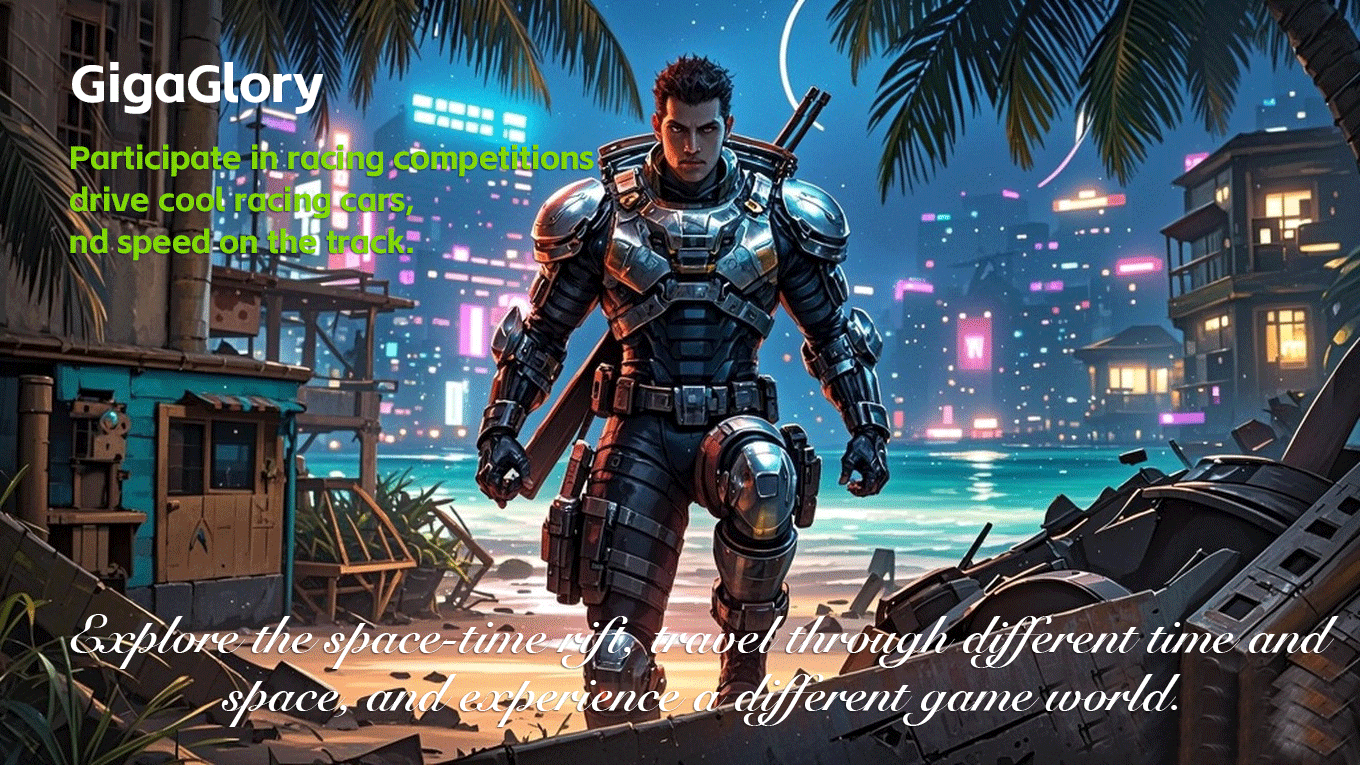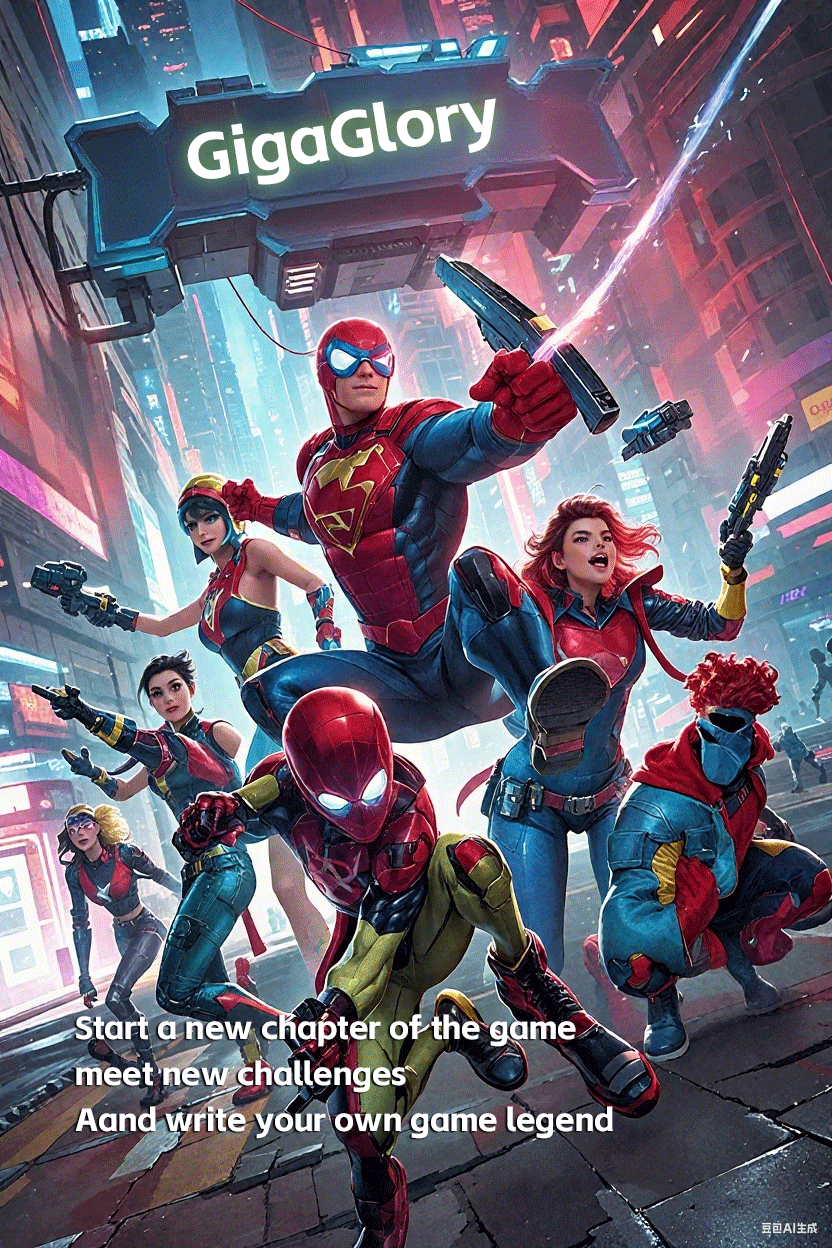How RPG Games Transform Learning: The Rise of Educational Gaming
In today's tech-savvy world, educational strategies are evolving at lightning speed. Among the most exciting developments is the rise of RPG (Role-Playing Games) games as effective learning tools. With their immersive storytelling and interactive environments, these games are reshaping how we learn and engage with knowledge. So, how are RPG games transforming learning, and what does this mean for traditional education methods?
Understanding RPG Games
RPG games are unique because they allow players to take on the roles of characters in a fictional world. Players embark on quests, solve puzzles, and engage in battlefield strategies, all while developing essential skills. But what lies beneath the surface of these games that makes them educational?
The Educational Value of RPGs
- Critical Thinking: Players must analyze situations and make strategic decisions.
- Teamwork: Many RPGs require collaboration to achieve common goals.
- Creativity: Players often create character backstories and make plot choices, fueling imagination.
How RPGs Engage Students
The key to engaging education is understanding what hooks the learner's interest. RPGs create an emotional connection with content that's often considered dry or unappealing. You might ask, "Why would a student prefer learning through a game?" Here's why:
- **Personal Connection**: Students build connections with characters, making learning personal.
- **Motivation through Gamification**: Achievements and rewards keep players motivated.
- **Real-world Applications**: Many RPG missions mirror real-life scenarios, prompting direct application of knowledge.
RPGs in Different Learning Environments
Another fascinating aspect is the versatility of RPGs across various educational settings. Whether it’s in schools, universities, or informal learning environments, RPGs find a way to enhance educational experiences:
In-Class Activities
Many teachers are incorporating RPGs into their classrooms. For instance, history classes can integrate RPGs to reenact pivotal moments in history, thus allowing students to experience it firsthand.
Distance Learning
In the age of online education, RPGs bridge the gap between students and educators through interactive platforms.
Challenges of Implementing RPGs in Education
As with any innovative approach, integrating RPGs into education comes with challenges. Some common concerns include:
| Challenge | Description | Potential Solution |
|---|---|---|
| Resource Intensive | Development of quality educational RPGs can be costly and time-consuming. | Outsource or collaborate with indie developers. |
| Time Constraints | Curriculum-heavy environments may resist the change. | Integrate small RPG sessions instead of full classes. |
| Assessment Challenges | Measuring educational outcomes is complex. | Design assessment tools that align with RPG activities. |
The Rising Popularity of Educational RPGs
As the landscape of education transforms, it's increasingly clear that educational RPGs are becoming a staple. The recent surge in interest aligns with a broader movement toward experiential learning. Educational RPGs are not just a trend; they're paving a new way forward.
Real-life Examples of Educational RPGs
Numerous educational RPGs are gaining ground. Let's dive into a few notable examples:
- Quest Atlantis: A 3D immersive learning environment aimed at teaching critical thinking and collaboration.
- Classcraft: This transforms classroom dynamics into an engaging RPG where students earn points for good behavior and academic achievement.
- Foldit: Players solve puzzles to unlock the secrets of protein folding, contributing to real scientific research.
Future Trends in Educational Gaming
The future is bright for educational gaming! Educators and game designers are collaborating more than ever. Trends like virtual reality, augmented reality, and AI-driven environments will take RPGs to new heights, making education even more interactive and impactful.
Key Takeaways
- RPGs can significantly enhance critical thinking skills.
- They foster teamwork and collaboration in learning environments.
- Emotional engagement through narrative enhances learning retention.
- Challenges exist, but innovative solutions are emerging.
Conclusion
The rise of RPGs in education signifies a profound shift in how we perceive learning. They cultivate an environment where students are not confined to passive absorption of information; rather, they actively engage and apply their knowledge. The benefits of using RPGs in educational contexts highlight their potential to not only teach but to inspire. So the next time you load up your favorite RPG, remember—this could very well be the future of education!



